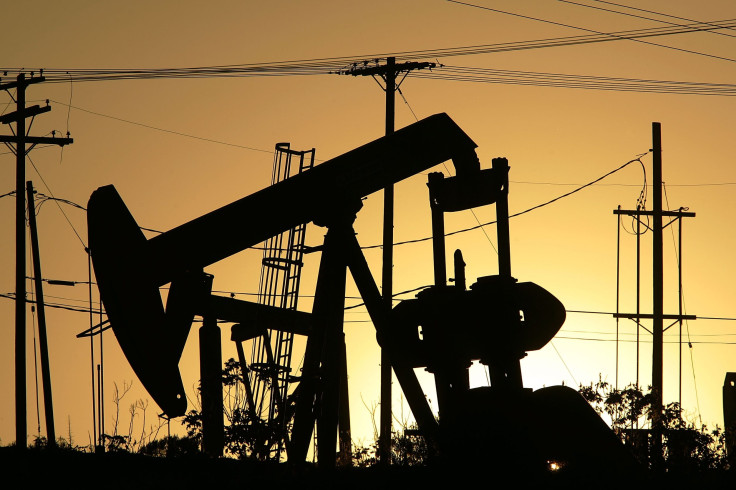OPEC Update 2015: Crude Oil Prices Could See Recovery In 2016

Oil prices around the world can expect recovery and continued stabilization in 2016, according to the leader of OPEC, Reuters reported. Secretary General Abdalla Salem El-Badri said Sunday that investors can be optimistic about the oil industry's future in the coming months.
"We need to keep investing; it is essential for our industry," said al-Badri. "I remain confident that our industry's best days are yet to come."
OPEC countries have been far from immune to sinking oil prices. Crude oil prices in Saudi Arabia, one of the world's largest oil producers, sank to a six-year low in August following China's economic downturn. Oil prices had been dropping for months, thanks to overproduction and lower demand. The Chinese market slowdown accelerated the negative trend, pushing prices down to $45 a barrel on Aug. 25.
Echoing El-Badri's optimism, Qatari Energy Minister Mohammed Bin Saleh Al-Sada said in a separate statement, emailed Sunday, that growing demand from emerging and developed markets, coupled with "substantially" lower supply from non-OPEC countries, will lead to recovery.
“Call on OPEC oil is expected to become healthier,” Bloomberg reported Al-Sada as saying.
Qatar is a member of OPEC, whose members include some of the top oil producers in the world, most of them located in the Middle East. Qatar is one of the largest oil producers in the world, producing some 2.3 million barrels a day.
Al-Sada also echoed the secretary general's call to "keep investing" in oil infrastructure. Low oil prices have “caused oil companies to reduce their capital expenditure by almost 20 percent this year from $650 billion in 2014,” he told Bloomberg in the same email Sunday. “This trend of reducing investment in the oil industry could result in production shortfalls down the line.”
OPEC chief confident of a balanced oil market in 2016 http://t.co/UvBOBRK36y pic.twitter.com/FX7jxZ1GdP
— FRANCE 24 (@FRANCE24) October 11, 2015Several outside factors could complicate OPEC's recovery, however, especially from within the organization. Indonesia, for instance, is set to rejoin OPEC in December after a seven-year hiatus, and experts said the country's readmission could complicate recovery, even as one of the smaller oil producers in the organization. If the group decides to raise the oil ceiling in order to accommodate Indonesia, the higher supply could decrease the price per barrel.
© Copyright IBTimes 2025. All rights reserved.






















